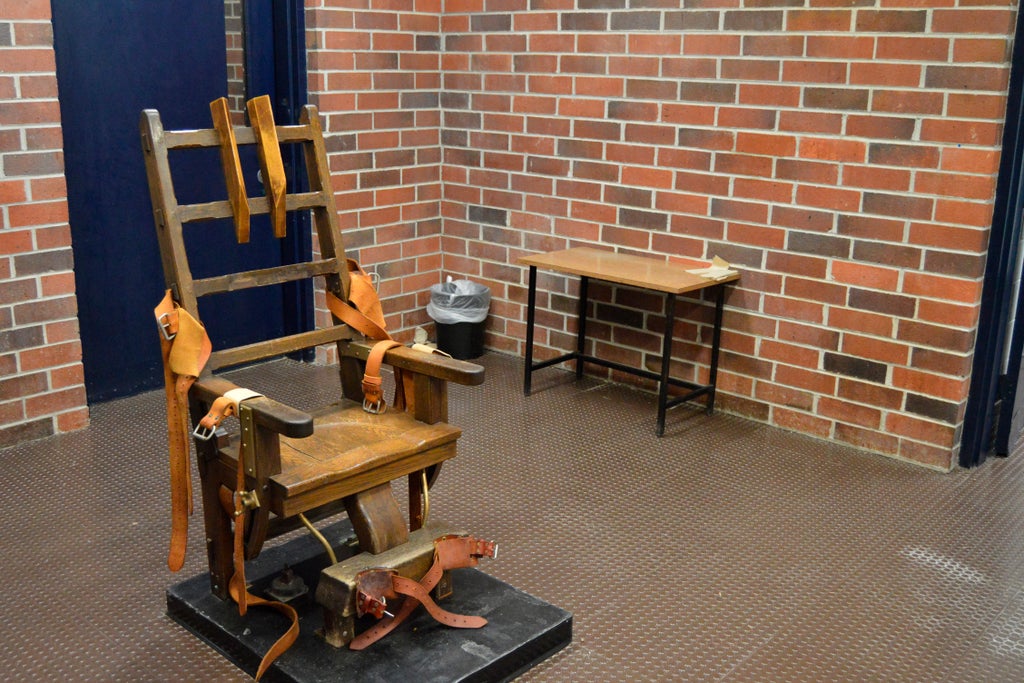
A judge ruled Thursday that a lawsuit brought by four death row inmates challenging South Carolina's execution methods can move forward as the state attempts to carry out its first execution in more than a decade.
Circuit Judge Jocelyn Newman agreed to a request by the prisoners' lawyers to closely examine officials’ claims that they can’t secure lethal injection drugs, leaving the electric chair and the firing squad as the only options for capital punishment.
Attorneys for the inmates, who have largely exhausted their appeals, argued that dying by gunshot or electrocution would be a brutal process which violates a state ban on cruel, corporal and unusual punishments, and that prison officials have shown little proof they can't get the drugs needed to carry out lethal injections instead.
The decision comes a week after the state Supreme Court scheduled the April 29 execution of Richard Bernard Moore, who has spent more than two decades on death row after being convicted of the 1999 killing of convenience store clerk James Mahoney in Spartanburg.
Moore, 57, is also first state prisoner to face the choice of execution methods after a law went into effect last year making electrocution the default and giving inmates the option to face three prison workers with rifles instead when lethal injection isn't an option. State law requires him to make that choice by Friday.
Lawyers for the state, who wanted the case dismissed, argued that neither electrocution nor the firing squad are cruel, corporal or unusual forms of punishment, noting the long history of both methods across the country.
Grayson Lambert, representing Gov. Henry McMaster, said the judge shouldn't let the prisoners continue to extend their legal challenges to stall their executions as prison officials try to carry out the new law.
“It’s telling that in every case where there is a plaintiff challenging the method, he always says the method he is facing is worse,” Lambert said.
Newman previously denied a request last year by two death row prisoners, Freddie Owens and Brad Sigmon, seeking to block their scheduled executions with similar arguments. Those executions were later halted by the state Supreme Court because prisons officials had yet to set up a firing squad.
If executed as scheduled, Moore would be the first person put to death in the state since 2011. His attorneys are also asking a federal judge to halt Moore’s execution and declare both the electric chair and firing squad unconstitutional under federal law, among other legal challenges.
Moore's lawyers have asked the state Supreme Court stop the execution given the ongoing litigation. The high court has yet to rule on the request.
South Carolina is one of eight states to still use the electric chair and one of four to allow a firing squad, according to the Washington-based nonprofit Death Penalty Information Center.
There are 35 people, all men, currently on South Carolina's death row.

.jpg?w=600)





